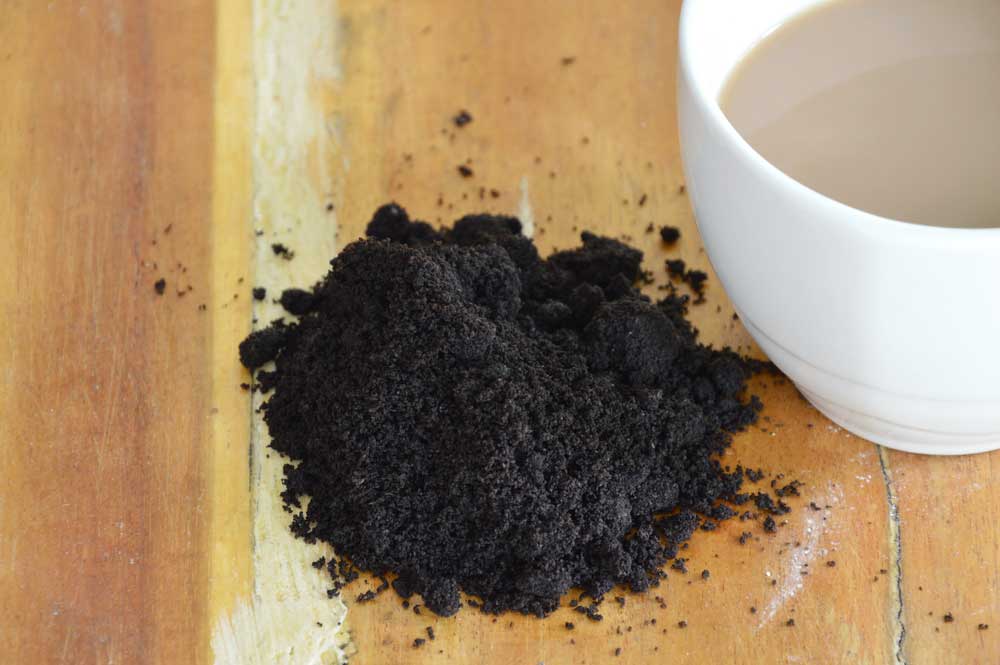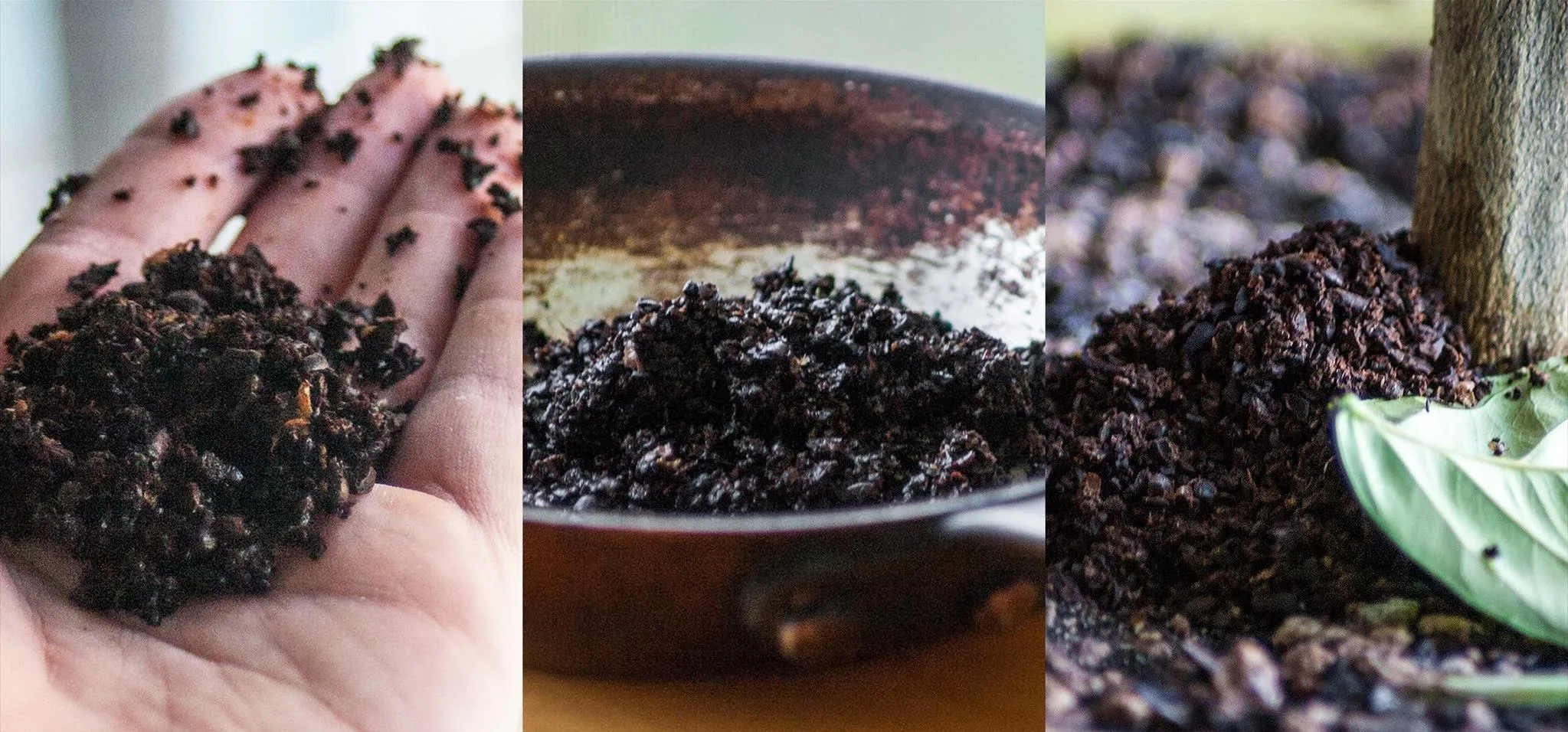Putting Coffee Grounds Down the Sink: Yes or No? - Considerations to Keep in Mind
Putting Coffee Grounds Down the Sink: Yes or No? - Considerations to Keep in Mind
Blog Article
We have stumbled upon this article relating to What are the consequences of putting coffee grounds directly below on the net and concluded it made perfect sense to discuss it with you over here.

If you're a devoted coffee drinker, you might be questioning the most effective method to get rid of your coffee grounds. While it may appear practical to wash them down the sink, this technique can cause several concerns for both your plumbing and the atmosphere. In this short article, we'll discover whether it's risk-free to place coffee grounds down the sink and discuss alternate disposal methods to think about.
Alternatives to Disposing of Coffee Grounds
Garbage Disposal
If you don't have a composting arrangement, another choice is to merely toss your coffee grounds in the trash. Be sure to secure them in a compostable bag or container to stop smells and leakage. While this method does not offer the exact same ecological benefits as composting, it's a risk-free and hassle-free way to throw away coffee premises.
Composting
One environmentally friendly choice for taking care of coffee grounds is to compost them. Coffee grounds are rich in nitrogen, making them an exceptional enhancement to compost heap or containers. As they decompose, they add nutrients to the soil, improving its fertility and texture.
Risks of Putting Coffee Grounds Down the Sink
Plumbing Issues
One of the primary concerns with getting rid of coffee grounds down the sink is the risk of clogging your pipes. Coffee grounds do not liquify in water and can accumulate in time, developing a dense sludge that can block drains pipes and lead to pricey plumbing fixings.
Environmental Impact
Beyond the possible damage to your plumbing, placing coffee grounds down the sink can likewise damage the environment. When cleaned right into the sewage system, coffee grounds can add to clogs in sewer lines and treatment centers. In addition, the high concentration of organic matter in coffee grounds can deplete oxygen degrees in rivers, adversely influencing marine life.
Tips for Proper Disposal
Regular Maintenance
Regardless of how you choose to throw away your coffee premises, it's important to keep your plumbing consistently. Set up routine drain cleansings to remove any kind of build-up and ensure that your pipes stay clear and free-flowing.
Utilize a Sink Strainer
To stop coffee premises from entering your sink's drainpipe to begin with, consider using a sink strainer. These affordable devices trap solid particles, including coffee premises, stopping them from creating obstructions.
Verdict
While it might be appealing to wash coffee grounds down the sink for ease, doing so can have significant repercussions for your plumbing and the atmosphere. Instead, take into consideration composting your coffee premises or throwing away them in the trash. By adopting liable disposal methods, you can appreciate your coffee guilt-free while lessening your environmental impact.
Coffee Grounds Down The Drain: Are They OK?
Can Coffee Grounds Go Down the Sink?
You may be thinking, “But I pour them down the sink drain every day and I’ve never had a clogged drain!” You see, coffee grounds come from coffee beans, which are virtually rock hard by the time they’re ground and brewed. You certainly wouldn’t want to grind up the pit from a peach, apricot, or nectarine that is about just as hard because they wouldn’t break down like other foods, and it’s the same with coffee beans!
If you usually grind coffee beans in the garbage disposal because it seems the cleanest and convenient, we don’t fault you for that. And anyone who has ever had to clean up the trash with spilled coffee grounds after a dog got into it would understand the rationale. Unfortunately, coffee grounds do not break down in water, so instead of grinding up and washing away as normal foods do in a garbage disposal, they clump together and as time goes by, the grounds can form a clump and pack the drain until it develops a clog.
What to Do With Coffee Grounds
So, what do you do with coffee grounds if you can't put them down the drain? You could of course just throw them in the garbage, but we encourage you to give these practical uses for them a try!
Since coffee grounds contain key minerals for plant growth, you can use them to fertilize your garden. Coffee grounds not only fertilize gardens because they are mineral-rich, but they are also great at absorbing contaminants in the soil, particularly heavy metals. Coffee grounds are said to attract worms, which help gardens flourish. You can use coffee grounds as fertilizer by sprinkling them around your plants. You can compost your coffee grounds and use them at a later time. Coffee grounds are great insect repellents when you place them in bowls or sprinkle them around the areas you want to repel insects. To remove fleas from your dog or cat, simply shampoo your pet then rub coffee grounds throughout their fur. Rinse them off and dry as usual. Like baking soda, used coffee grounds can eliminate odors. You can place them in a bowl in the fridge and let them do the work! Mix coffee grounds with coconut oil for a wonderful face or body scrub, or to reduce the appearance of cellulite. https://www.wintershomeservices.com/blog/2019/august/coffee-grounds-down-the-drain-are-they-ok-/

Do you really like reading up on Should You Put Coffee Grounds Down the Sink?? Post a review below. We'd be interested to see your opinion about this article. We are looking forward to see you back again in the near future. Sharing is caring. Helping others is fun. I praise you for your time. Visit again soon.
Schedule Appointment Report this page